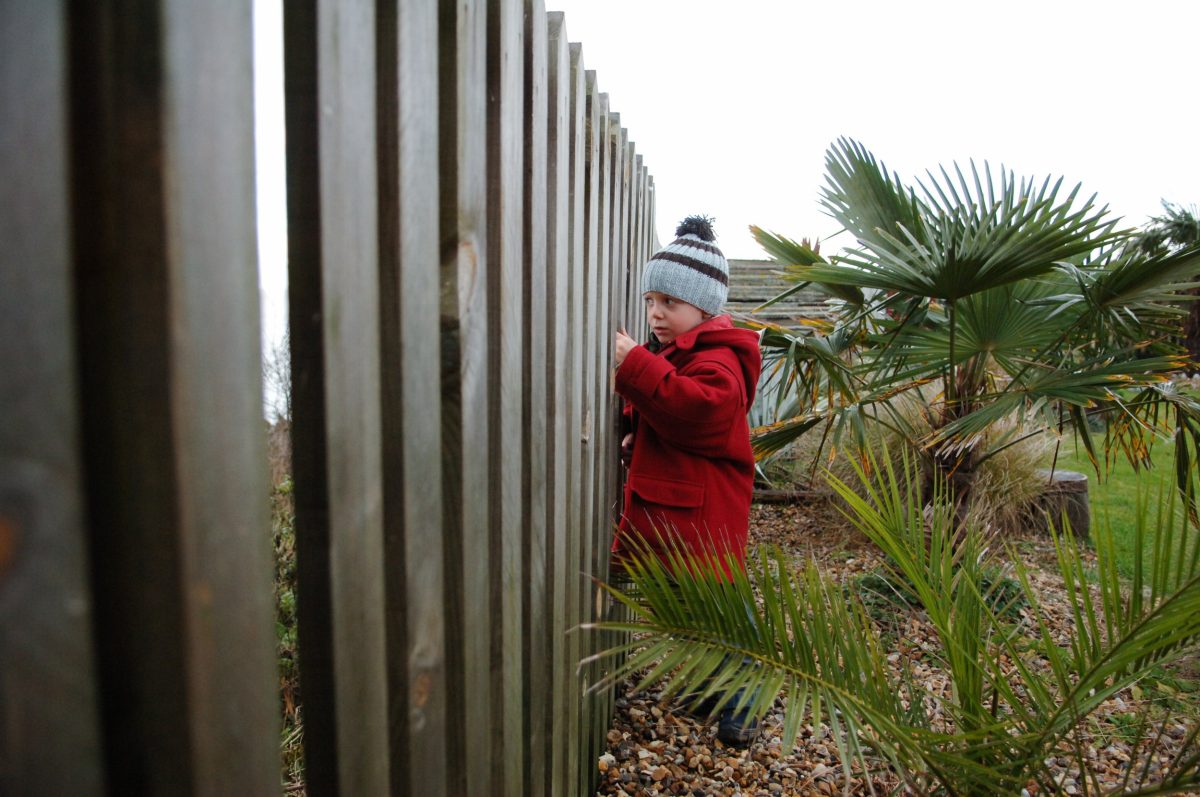Ask a group of parents about their nursery experiences and mixed in with tales of soul-lifting kindness, inspired toddlers and love, you’re almost certain to hear stories of discontent. Not those incredibly rare accounts of cruelty that devastate families, send shockwaves through communities and echo around every parent’s brain, but those of casual, everyday incompetence.
One friend in London arrived back from a nursery settling session to find her daughter’s hearing aid battery – one of those life-threatening-if-swallowed button batteries that are a major design flaw to any child’s device – had fallen onto the floor. “About 10 babies aged 12-18 months olds were crawling around with a potentially lethal battery somewhere on the floor. The nursery staff hadn’t noticed and seemed unconcerned. No other nurseries in the area had free spaces.
“Waiting lists meant there weren’t other options,” she explains. “I chalked it up as one of those things that, after seeing how anxious I was – and how cross – was very unlikely to happen again.”
Another friend, in Brighton, remembers cords hanging down on a window blind “which my-then toddler was winding around his neck”.
A third friend pulled her daughter out of a private nursery, which looked inviting with its mud kitchen, big garden and lots of space, after watching how the nursery staff stood around talking, ignoring the children. “It was her first day, but they didn’t even ask my daughter’s name, let alone welcome her in. They were just very cold. I spent the whole day at work picturing what would happen if she fell over or felt lonely. It was very much not a cheap nursery, by the way.”
She gave the nursery a chance. “Within days, my daughter came home with trousers changed, but no message from staff as to why. It was representative of the lack of communication,” she says. “My mind started to wander about what else might be happening.” It was the final straw and she and her partner decided to pull her daughter out.
On the face of things, it seems illogical that in the UK, where nursery fees are among Europe’s highest, so many nursery experiences are underwhelming. While there are many brilliant nurseries and pre-schools – my children have formed relationships with pre-school teachers and nursery staff they’re likely to remember forever – too many families don’t experience this. But it’s not just children who are short-changed.
Nursery owners are finding it’s increasingly unaffordable to run their businesses because government-funded places for three and four-year-olds in no way cover salaries and business rates. As of this month, eligible parents can get 30 funded hours of childcare a week for children from nine months to four months old, but already there are complaints it’s making little difference because they’re not fully funded.
Funding varies by local authority, but on average it’s currently just £6.12 per hour per child year old (more for the youngest children), meaning nursery owners cannot offer higher staff salaries.
Read Next: Paving over the garden? It raises the risk of your house flooding
As a result, hundreds of nurseries are closing, nursery staff – frequently paid close to the minimum living wage – are quitting, and parents are enduring very mixed standards of care. The situation is so bad that early years experts are calling for a complete overhaul – where we rebrand ‘childcare’ as early years education and treat, and pay, nursery workers as educational professionals. They point to the fact that high quality early years education is significantly linked to increased future income and career success, yet receives nowhere near the funding or attention that university, for example, does.
Kathy Leatherbarrow, former Ofsted inspector and early years specialist at training company Eden Training Solutions, believes underfunding is coupled with “undervaluing” of nursery work. “It’s interconnected,” she explains. “Funding needs to reflect the ability to provide quality childcare or providers won’t be able to pay their employees and provide proper training. There’s a need to uplift early years work so it’s perceived as a highly respected role with career development.”
Stuart Blunden owns three nurseries in West Sussex. He’s been a nursery owner for almost 30 years and says “it has never been so hard to make ends meet”. Many of his 40 staff have worked at his nurseries for decades, while younger staff join on apprentice schemes. He encourages all workers to get training, eventually becoming early years teachers, but low pay discourages some. “I have one staff member who does the bare minimum to get her qualification and spends the rest of her time working at Tesco because she gets paid £15 an hour there, which I can’t match for new staff,” he explains. “I want to pay more than dog walkers and cleaners for such skilled work. We look after the most valuable people in parents’ lives.”
He believes the pay difference boils down to sexism. “It’s a predominantly female workforce that is being abused by the government,” he says.
Lydia Hodges, head of charity Coram Family and Childcare, says: “There is a long running debate about whether provision is childcare (a mechanism for parents to work) or early education, which has children’s outcomes at its heart. In our view, the two do not need to be mutually exclusive. Giving all children an early education through a universal right to provision would act as childcare for parents, facilitating work and improving the economic outlook for the whole family. This supports the government’s ambition to break the link between a child’s start in life and their future opportunities, and to help more children be ‘school ready’.”
Leatherbarrow believes the solution lies in the many European countries that see childcare as a public service, not a private expense. “Denmark, Sweden, and France invest in early years education so that families can have access to quality yet affordable childcare,” she says. “More importantly, members of the staff are seen as education professionals. They are trained properly, supported, and given a proper career path. With these factors in place, retention is improved.”
After years of underinvestment, none of this will happen swiftly, so until we have a complete nursery overhaul in the UK, I’d recommend parents give as much thought to their choice of nurseries, childminders and pre-schools as they do primary schools – and not be afraid to change your mind if a nursery isn’t right for your child.
I remember pulling my eldest daughter Astrid from one nursery (with an Ofsted Outstanding rating) because every day she was being greeted by someone new, such was the high number of bank staff they used to cope with employees leaving. I’d see Astrid’s face scan the room for someone she knew, just as I do if I walk into a party and am hoping my friends have already arrived, and then drop as there wasn’t a familiar adult. It was worth pulling her out so she could start afresh, because engaged pre-school workers are among some of the kindest people anyone could meet.




